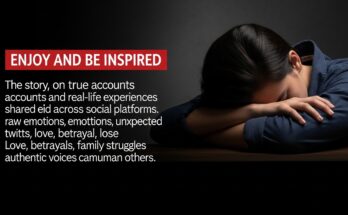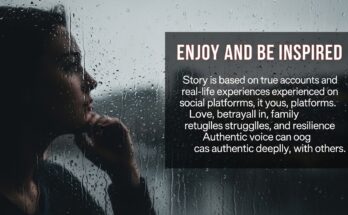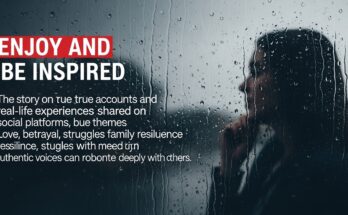For years, I watched my parents make reckless financial decisions—lavish vacations, impulsive purchases, and endless borrowing. They lived like money grew on trees, while I quietly built my own life through discipline and sacrifice. When their debts caught up with them, they turned to me, expecting a bailout. I was stunned. I had worked tirelessly to stay afloat, and now they wanted me to sink with them. Saying no wasn’t easy—it felt like betrayal. But I wasn’t their bank. I was their daughter, and I had my own future to protect.
Their reaction was swift and brutal. Tears, guilt trips, accusations of selfishness. My mother said I’d “forgotten where I came from,” and my father claimed I owed them for raising me. But I hadn’t forgotten—I remembered every unpaid bill, every time they chose luxury over necessity. I reminded them that I wasn’t responsible for their choices. They called me cold. I called it survival. I wasn’t abandoning them; I was refusing to enable them. There’s a difference, and I needed them to see it.
I offered help—not money, but guidance. I helped them draft a budget, suggested debt counseling, even offered to negotiate with creditors. But they didn’t want solutions—they wanted cash. My refusal became the family scandal. Relatives called, shamed me, said I was “too proud.” But none of them offered to pay either. I realized I was being scapegoated for a problem no one wanted to solve. That’s when I stopped explaining myself. I had done enough.
The silence between us grew. Holidays were tense, phone calls rare. I missed them, but I didn’t regret my decision. I had started saving for a home, investing in my future. I couldn’t do that while carrying their debt. I loved them, but love doesn’t mean sacrificing your stability for someone else’s irresponsibility. I hoped they’d understand one day. I hoped they’d change. But I couldn’t wait for that. I had to move forward.
Eventually, they began to shift. My father took a second job, my mother started selling unused items. They never thanked me, but I saw the change. Maybe my refusal had forced them to face reality. Our relationship is still strained, but it’s honest now. I don’t pretend anymore. I don’t play the role of savior. I’m their daughter, not their financial plan. And that boundary has saved me more than they’ll ever know.
If you’re in a similar situation, know this: protecting your peace isn’t selfish. Saying no isn’t cruel. Sometimes, the most loving thing you can do is let people face the consequences of their choices. You’re not a villain for choosing yourself. You’re just finally choosing to live.


